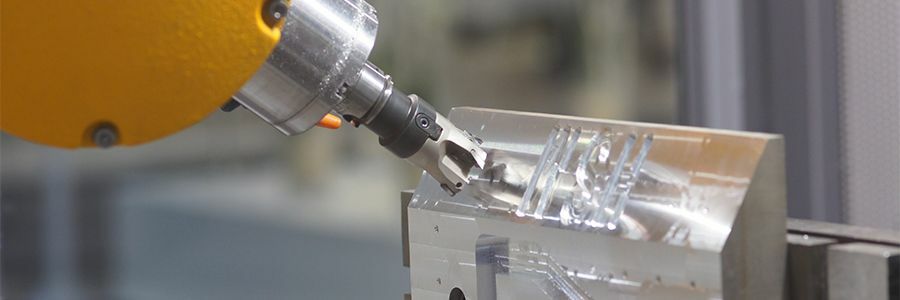Own development model for Integrated Management of Technological Innovation.
Cognitively improved robots for the flexible manufacture of metal and composite material parts

Advances in the scientific and technological development of robotics is one of the mainstays of industry 4.0 and constitutes one of the priority lines of action established by the European Commission for driving the competitiveness of industry in Europe.
The COROMA European project, an initiative coordinated by the IK4-IDEKO technology centre, is being carried out in this context and seeks to develop a new intelligent, modular and flexible industrial robot concept with the capability to carry out multiple processes and manufacture of metal and composite material parts for sectors as demanding as aeronautics, shipbuilding and energy generation.
The COROMA project has several objectives, among which is the strengthening of the global position of European manufacturing industry and contributing to technological development in the manufacturing and robotics field.
It also seeks to facilitate collaboration between robots and machine tools or non-cognitive robots, which will bring new market opportunities to the robotics industry, to the machine-tool industry and to the industrial manufacturers that use a new generation of robotic production units.
The consortium of the initiative has the mission to develop a modular robotic system that will autonomously carry out numerous manufacturing tasks in order to adapt to production requirements. Specifically, the new system will carry out tasks such as drilling, contouring, deburring, polishing, sanding, non-destructive inspections and could even be used as a moving support for the manufactured parts themselves.
The robots will navigate autonomously through the workshop, automatically perceiving the coordinates of the manufacturing environment, they will locate the part that must be manufactured and will even be capable of handling some of the necessary tools. Furthermore, the system will be configured in such a way that it can improve its own performance by learning from previous experience such as movements, the clamping of tools, the location of parts and the manufacturing processes.
The new robot concept will be of a collaborative nature and it will be able to interact with other machines, so it will be possible to work on a part while other equipment in the same manufacturing environment carries out other actions.